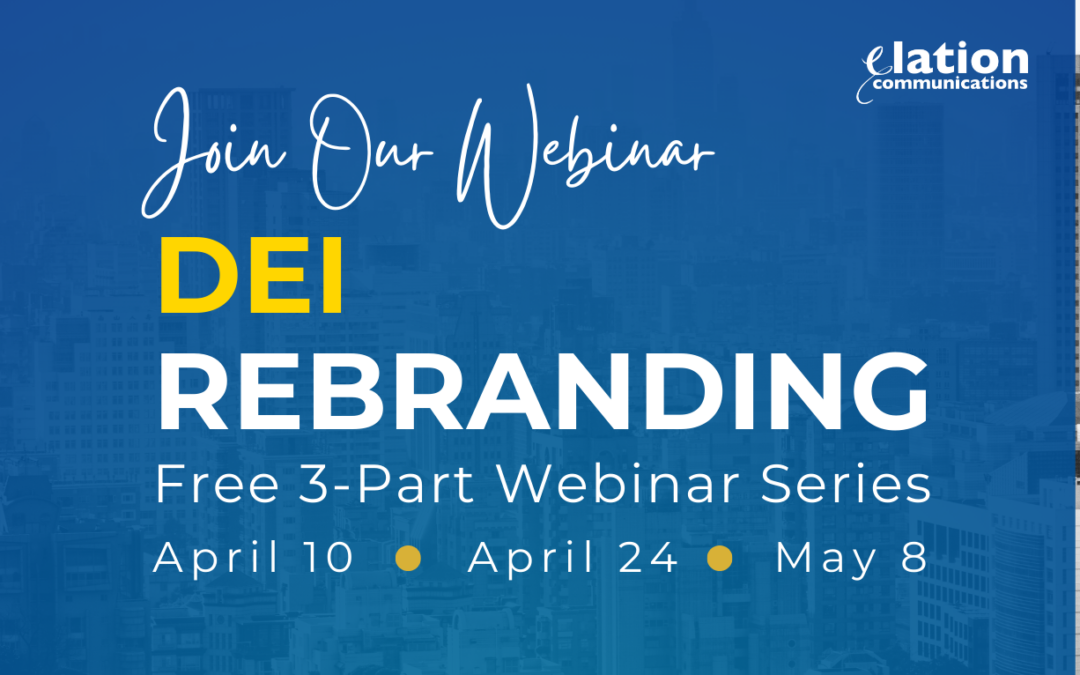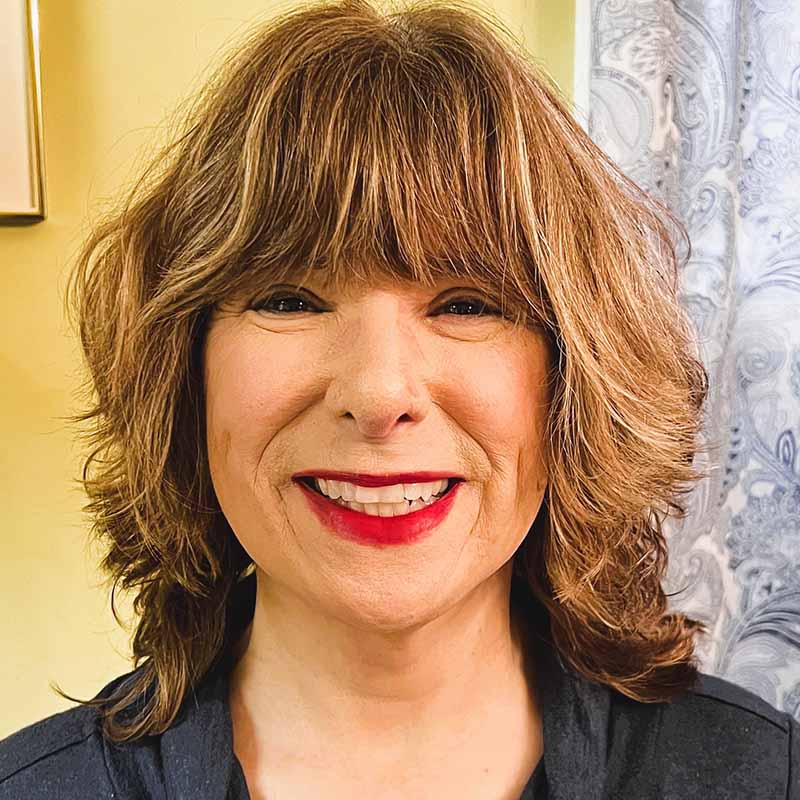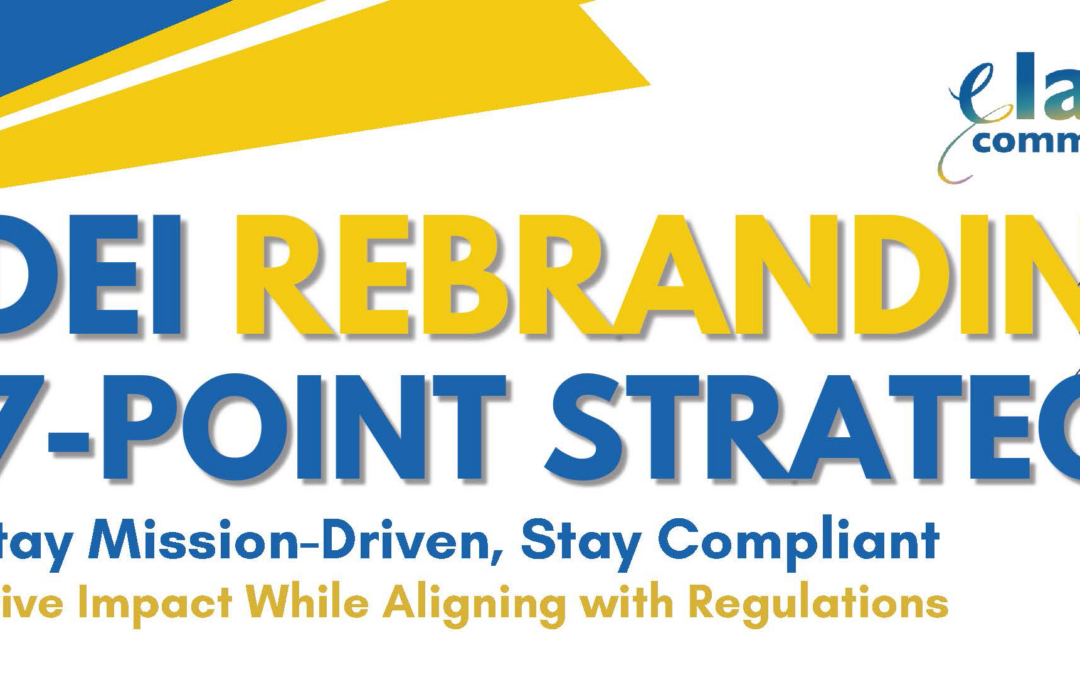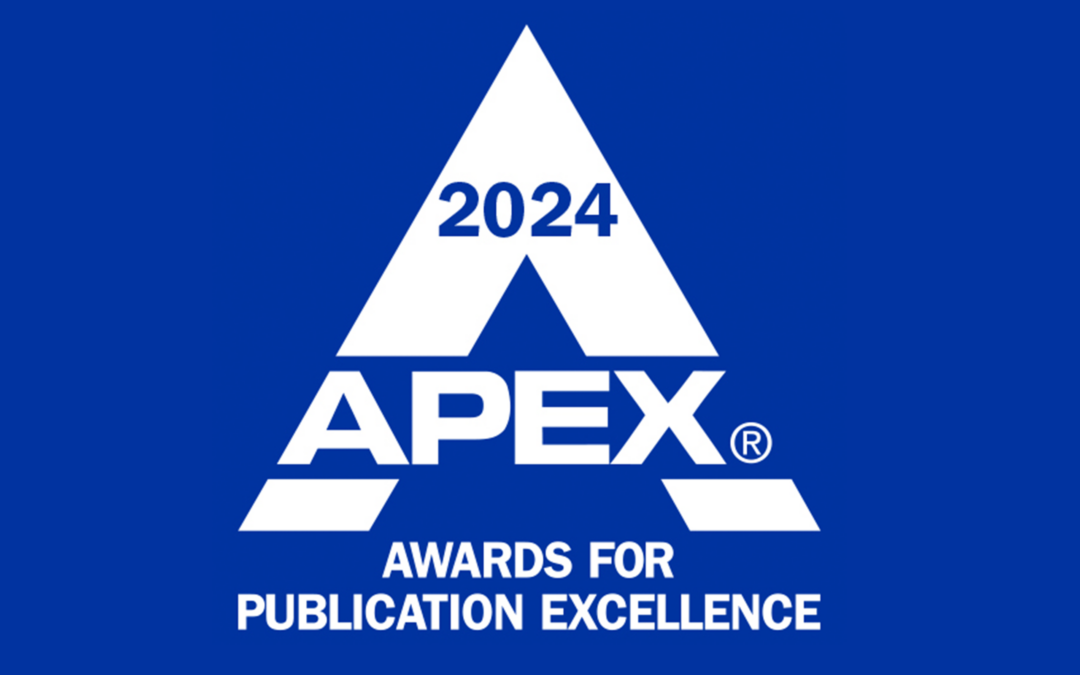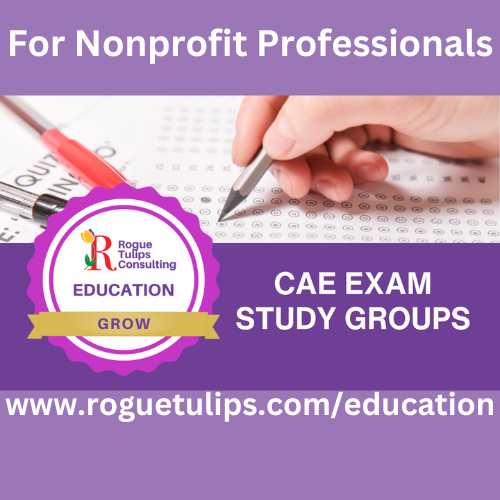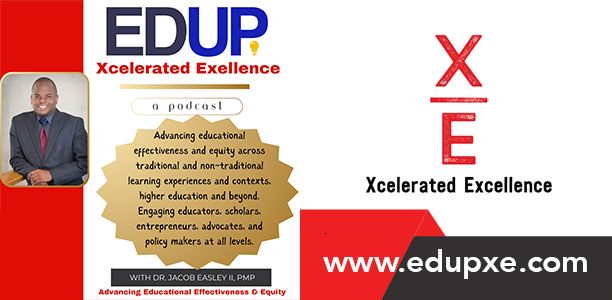This adapted article was authored by Cecilia Sepp, CAE, ACNP, and is reprinted with permission. Cecilia serves as Elation Communications’ fractional COO and is the principal of Rogue Tulips Consulting. It was published on the Going Rogue blog at www.roguetulips.com/blog.
Accessibility refers to the design of products, environments, and services that are usable by all people, including those with disabilities. In the context of conferences, this encompasses physical access to venues, the availability of assistive technologies, and ensuring that content is accessible to diverse audiences. It’s about creating an environment where everyone can participate fully, regardless of their abilities or backgrounds.
This article outlines my experience attending a conference in a wheelchair and using a walker as I recover from a broken leg. Anytime anyone loses mobility or needs accommodations for participation, it is a disability whether short-term or long-term.
And the fact of the matter is that most of us, if not all of us, have had a short-term disability at some point in our lives. When we have these experiences, it increases our sensitivity to the needs of others, especially those with long-term or permanent disabilities. It also shows us that things we took for granted – like attending a conference and getting everything we can out of it – are out of reach.
During my conference experience and the related travel, I met many kind and helpful people who provided assistance – usually unsolicited – so that I could navigate the physical space around me. There are many examples of times you can’t reach things from soap in the bathroom to the food in the buffet line. It gets you thinking about why we design conferences the way we do.
The obvious answer is that most people can stand and walk and when we plan events we have to serve the most people. Frustrating for those with disabilities of any kind, but it is the reality of planning events. Unfortunately, because of that reality, we see fewer people with disabilities attend conferences because, frankly, it is just exhausting to try to participate.
Why? Because all disabilities are not visible. Some people need assistance with vision, others with hearing, and some people need more space to recharge and reset than a Tranquility Lounge might offer. Being sensitive to light and sound is an overlooked disability that we should consider. This is why I now suggest an option at conferences called the Accessibility Lounge. We offer lounges of all types at conferences, so I think it fits well with that model. Dear reader, you may be asking, what, pray tell, would that look like? Excellent question.
An Accessibility Lounge would be a place for this part of our community to feel comfortable in a space designed for them. It would offer space for those with mobility devices to come together for fellowship and camaraderie because no one gets what you are going through like someone in the same situation.
It would be a place where things are at varied heights so that those using mobility devices like wheelchairs, power chairs, or carts can reach things easily. It would also offer charging stations for the carts and power chairs (in addition to the option to charge phones and other devices).
An Accessibility Lounge would offer dark corners where those affected by light could sit quietly and relax. It would offer sound dampening head phones or white noise machines for those who can be overwhelmed by all the sound and noise that is part of a meeting. It would also be a place for companions or interpreters to recharge and refresh.
An Accessibility Lounge would have chairs and footstools for those using canes or crutches to rest their weary legs.
An Accessibility Lounge would be a wonderful opportunity for sponsors to participate in the conference or event as well. They could show their support for serving everyone as best we can – it’s also a great opportunity for really useful “meeting swag” like wheelchair or cart trays with cupholders and space for a notebook or laptop. It could include ear plugs or other items to make conference attendees more comfortable.
Another suggestion I have for conferences is to recruit Accessibility Ambassadors to help people get where they are going or find what they need. An Accessibility Lounge would be a great place for Ambassadors and attendees to meet up and plan their activities together. From my own experience, I needed help moving around the convention center and finding elevators. I had friends volunteer to help me because if you need to roll a manual wheelchair you get tired.
It’s time to consider how we can better include those with disabilities or in need of accommodations. If we really want to practice Diversity, Equity, and Inclusion, it’s about meeting people where they are. What better place to start than at an actual meeting?
The importance of conference accessibility cannot be overstated. By prioritizing inclusivity, organizers not only fulfill a moral obligation but also create richer, more engaging environments that benefit everyone involved. As the conversation around accessibility continues to evolve, it’s crucial for conference planners to embrace these changes and lead the way in creating spaces where all voices can be heard. After all, a truly successful conference is one where everyone has the opportunity to contribute, connect, and thrive.
